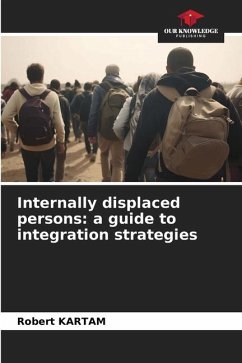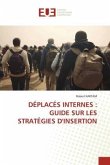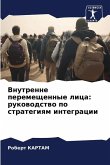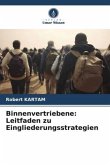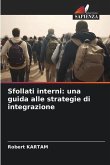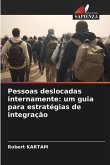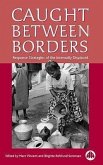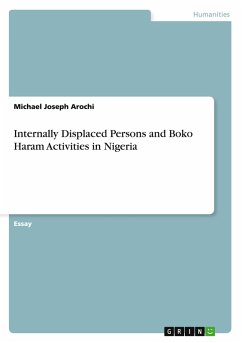The phenomenon of people moving from one place to another within their country of origin is a global situation. The Far North region of Cameroon is a victim of this situation, caused not only by the exactions of the nebulous and obscurantist Boko Haram sect, but also by the widespread banditry that is rampant in this part of the country. The locality of Mokolo, which is bearing the brunt of these barbaric acts, is faced with the uncontrolled movements of its inhabitants, who are fleeing from one side to the other. This state of affairs has made authorities on all sides lose sleep: the State, civil society, NGOs, etc., no longer knowing how to solve this problem. The present book, entitled "Déplacés Internes: Guides d'Intervention sur les stratégies d'insertion socio économiques dans Mokolo" (Internally Displaced: Intervention Guides on Socio-Economic Integration Strategies in Mokolo), seeks to understand the strategies developed by these men, women and children in precarious situations to help them integrate into their new environment.
Bitte wählen Sie Ihr Anliegen aus.
Rechnungen
Retourenschein anfordern
Bestellstatus
Storno

